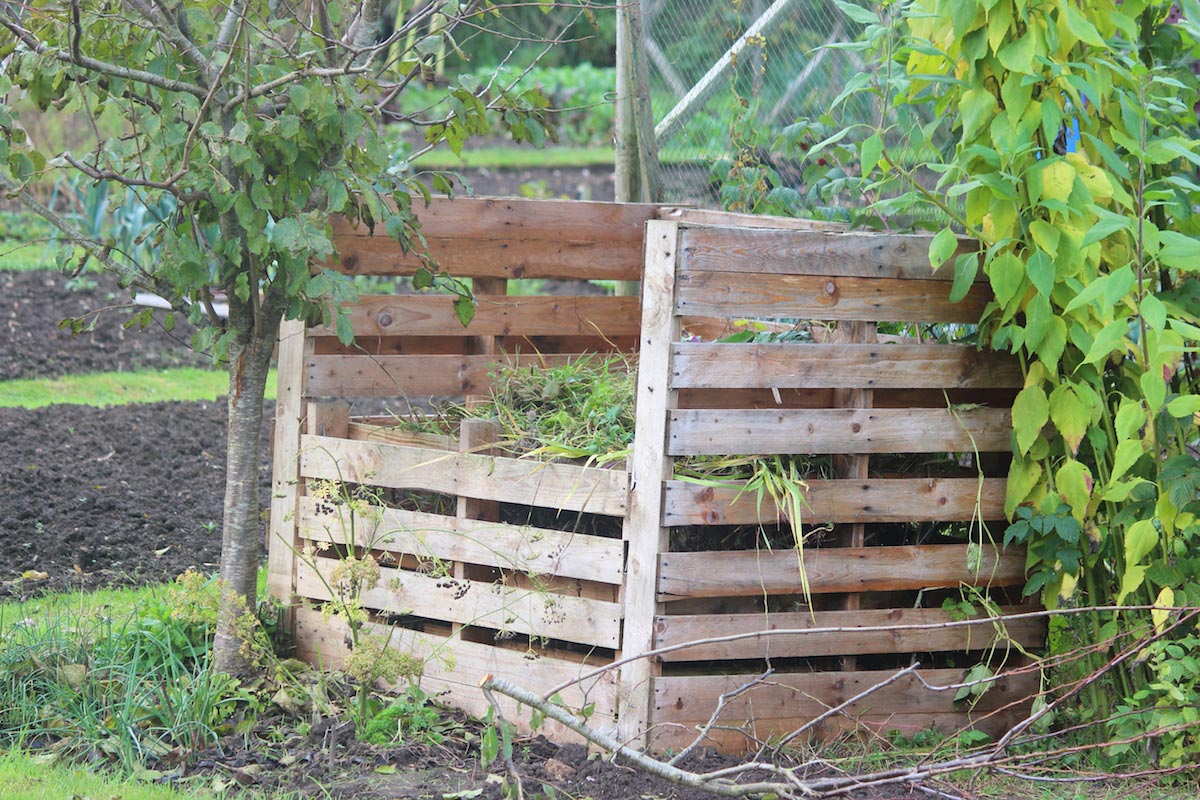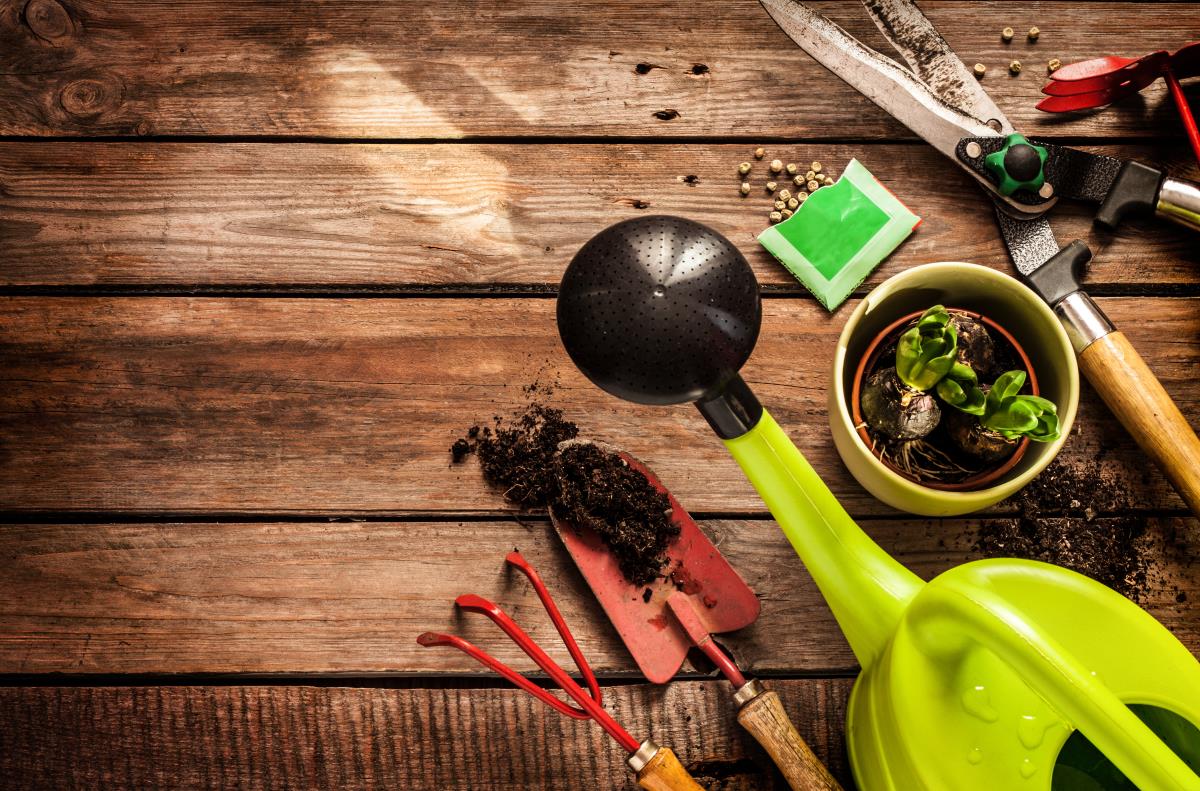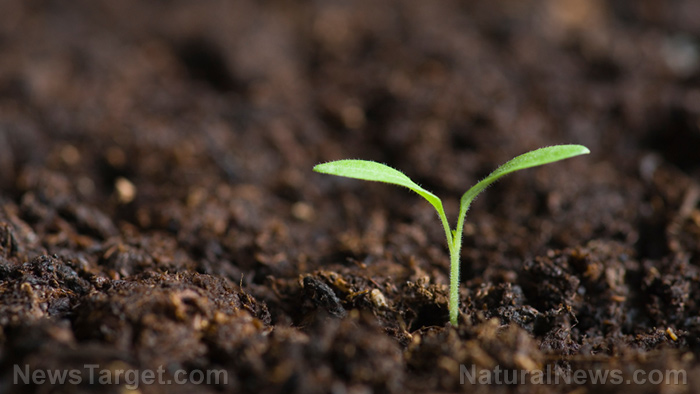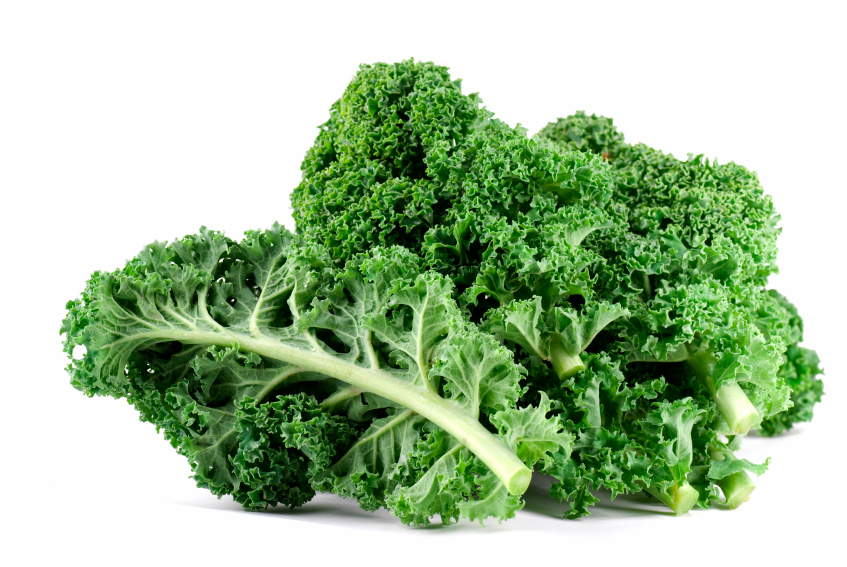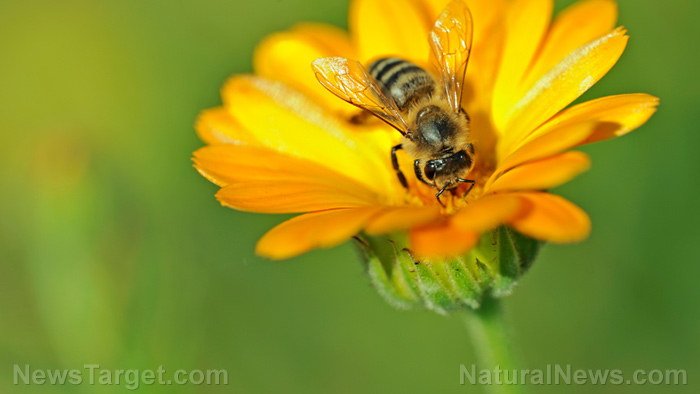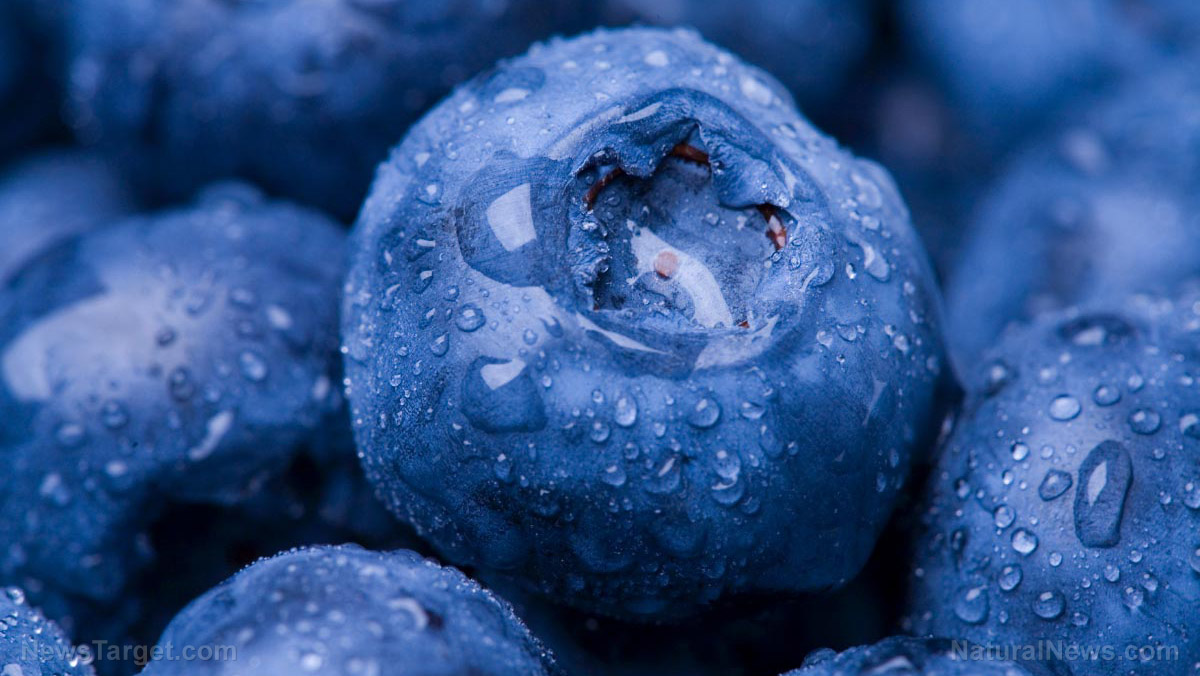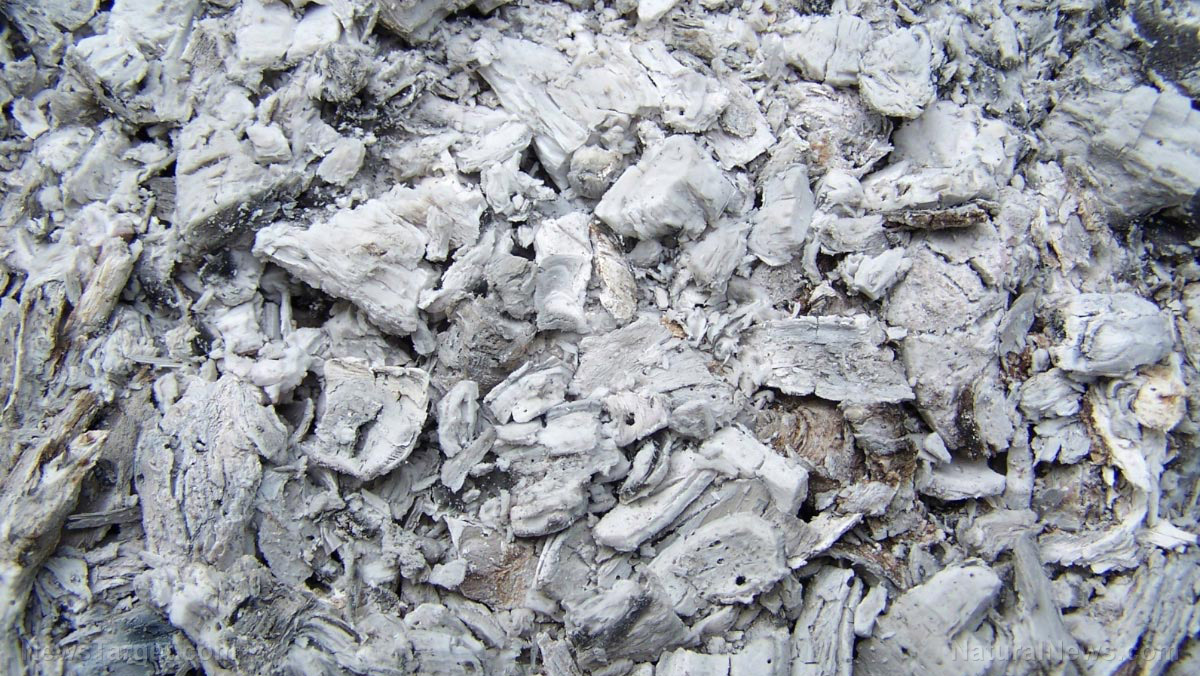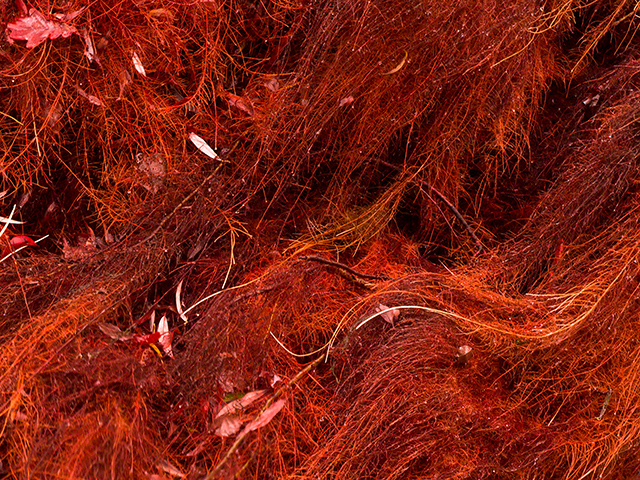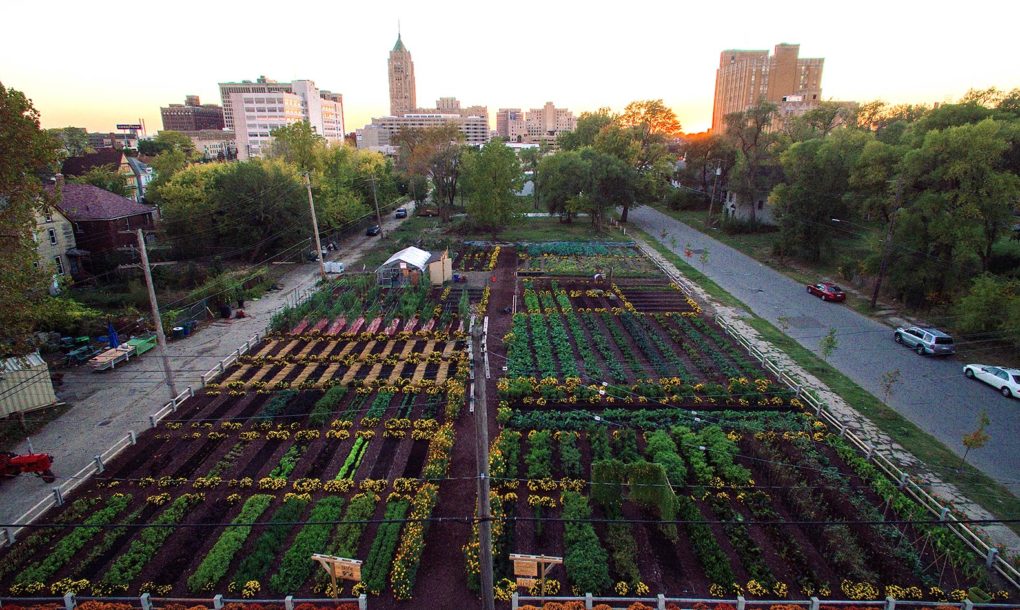Organic fertilizers made with moringa promote the healthier growth of wheat
09/13/2018 / By Ralph Flores

If you’re thinking of planting wheat, try adding some moringa to the mix to help it grow faster and keep weeds at bay, according to a study in Allelopathy Journal. In the study, the researchers investigated extracts from the leaves, flowers, and seeds of the moringa tree (Moringa oleifera), in particular, how they affect the growth of wheat (Triticum aestivum) and wild mustard (Sinapis arvensis).
For most farmers, wild mustard is a pest. It’s described to be “tough,” creating dense patches that can rob other plants of nutrients essential for them to grow. The plant is native to Europe and Asia, but it can also be found in the U.S. and other parts of North America, where it is a regular problem not only in cultivated fields but in home gardens as well. However, that’s not to say that wild mustard is without its merits: It can be used to treat conditions such as rheumatic pain, digestive weakness, and loss of appetite. It’s also used to boost metabolism.
In the study, the researchers looked at how the aerial parts of the moringa tree can affect the two plants; in particular, how their chemical composition and phytotoxicity can impact the growth of each plant. After examining the chemical composition of the plant extracts, they found the presence of hydrocarbon compounds, unsaturated fats, and saturated fats in each of the extracts. According to researchers, these exhibited an inhibiting effect on wild mustard seeds, preventing their germination. However, the researchers noted the opposite effect in wheat seeds, with the moringa extracts stimulating the germination and growth of the seedlings. (Related: Graphene could make fertilizer more efficient, affordable and environmentally friendly.)
Other plant-based organic fertilizers
It’s not just moringa – there is a slew of natural ingredients that can be used to safely grow your crops. For the most part, most of the components you need to make your own fertilizer are readily available, with some found around the house. Here are a few examples of natural fertilizers that have no hint of harmful chemicals in them. (h/t to PlantCareToday.com)
Lawn fertilizer and weed fertilizer
- Fill a five-gallon bucket with ? of fresh grass clippings.
- Top it off with water.
- Let the mixture sit for at least three days at room temperature. Stir at least once a day.
- Strain the liquid and dilute with equal parts water.
- Spray over leaves for rapid growth
Banana peel fertilizer
- Bury the peels under mulch to make them usable for compost.
- Banana peels are rich in potassium, which can be used to give roses a more vibrant color.
Coffee ground fertilizer
- Mix 6 cups of coffee grounds with 5 gallons of water.
- Let the mixture settle down for at least four days before applying it to the soil.
- Coffee grounds are rich sources of nitrogen, which are beneficial for tomatoes and blueberries.
Eggshell fertilizer
- Before using eggshells, wash them to remove any impurities.
- Crush the shells and work these into the soil. These would work well if these are put near tomato or pepper plants.
- The calcium carbonate in eggshells can be used as a soil conditioner replacement for lime and other plant seeds.
It’s always a good idea to have your soil tested to know which nutrients it needs to ensure optimal growth for each crop.
Learn even more natural ways to grow your crops at Harvest.news.
Sources include:
Tagged Under: crops, moringa, Moringa oleifera, natural weedkillers, organic fertilizers, plant growth, Plants, seed germination, weed management, weeds, wheat, wild mustard



